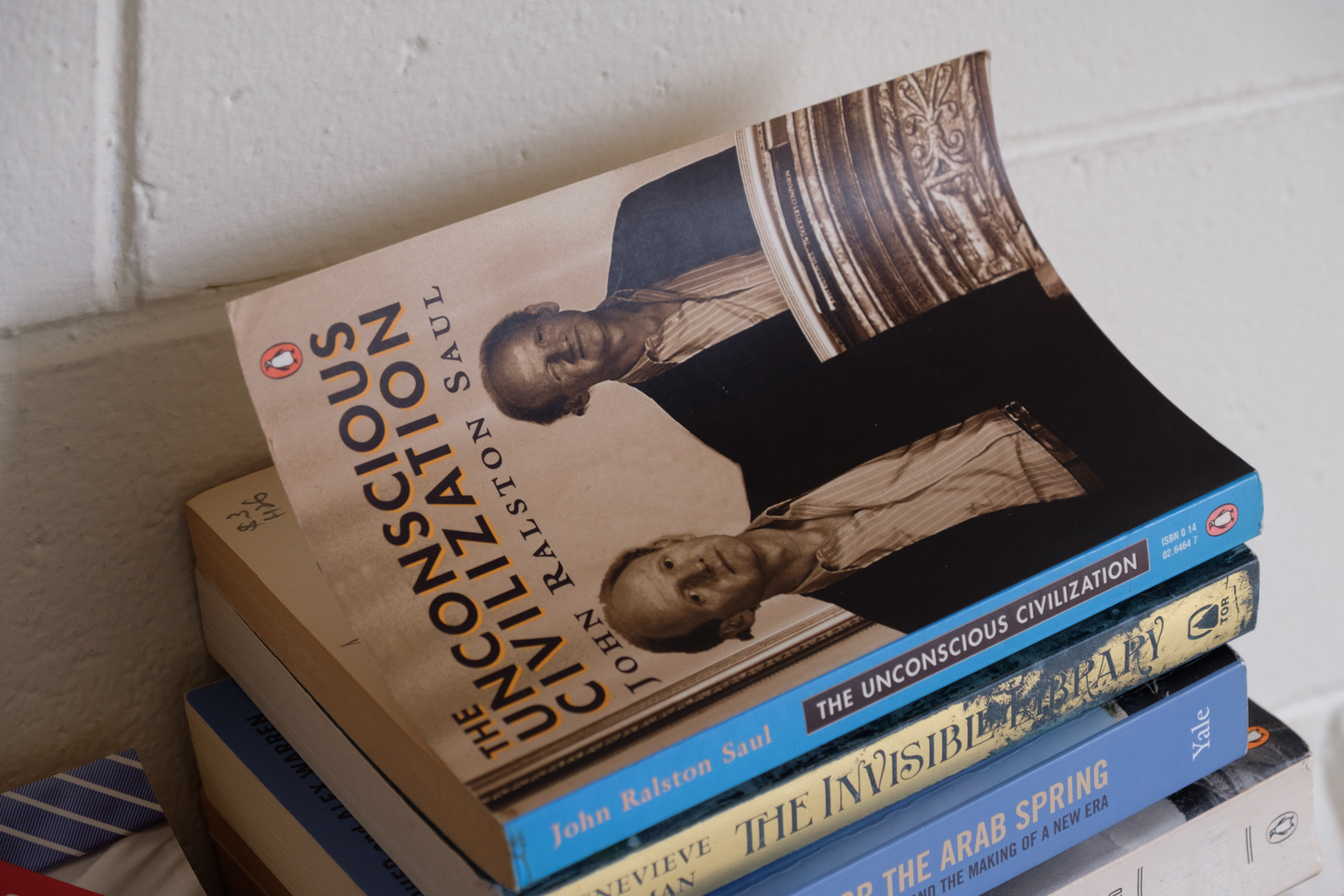Ideas are one driver of our society, along with material conditions, power dynamics, great men and a swathe of smaller influences. But are they the central pillars, or just of tangential importance? John Ralston Saul’s The Unconscious Civilization posits that a corporatist ideology is responsible for the ills of society, and that throwing off those intellectual shackles will resolve them.
Saul describes a civilisation locked in the grip of an all-embracing corporatism. Such an ideology vests power in interest groups rather than individuals, co-opting language into propaganda to shut citizens out from decision making processes. Instead, decisions are made by technocratic specialists from each special interest group, and what remains of democracy is simply the mediation between these groups.
The Unconscious Civilization identifies many real problems and puts them all at the foot of corporatist ideology. The devotion of education to technical training rather than critical thought behooves a theological devotion to technology and specialisation. Dehumanising workplace environments are a product of corporatism’s obsession with management and reason. The appetite among capitalists for rentier returns on real estate and utilities rather than riskier R&D stems from the veneration of managers. The obsession over public debt is a result of the fervency inherent in any ideology.
Central to Saul’s thesis is the idea that we’ve replaced genuine individualism with a narrow self-interest. Rather than being disinterested citizens working together for the greater good, corporatism has entrapped us within groups only able to consider their own self-interest. Those groups have become increasingly unintelligble to one another as they evolve specialised skills and dialects. We are encouraged to consider ourselves as members of the group and to avoid speaking out of line through their own disciplinary systems. His logic gets a bit wooly, but the perspective is an interesting one to consider.
Although the problems he cites may be real, Saul’s diagnosis of a malignant ideology at their core reflects his own biases. This book was written in 1995, in that interregnum between the Cold War and War on Terror. The fear of Soviet brainwashing was still ingrained, but in a unipolar world we were all supposedly neutral. So Saul imagines a world where the only kind of ideology is an inherited dogma, rather than considering that we all have our own, influenced by our environment and circumstances. A world where a disinterested citizenry is not only possible, but historical.
In Saul’s world, the corporate leaders pushed for cuts to public services because their ideology lent them a short sighted view of its effectiveness. It “cannot have been malevolence on their part because they are honourable men”. This is a world where the centrality of failing neoliberal economics is a result of ideological obsessions in the academy, rather than the promotion of business interests. In this world, the expansion of man’s productive powers and the flowering of his creativity were entirely separate events, which just happened to occur at the same time. For this is a world where using obscure jargon leads to oppression, not differences in power.
It is easy for a writer or public intellectual to fall into an idealist worldview. If the world is a result of ideas, then they need only add their own to change it. But such idealism ignores the material realities.
Knowledge isn’t power. Power is power.
Power doesn’t reside in obfuscating academics, but in corporate resources and colonised social structures. Our society may be entrapped by ideology, but this is an insufficient diagnosis. The citizens who call themselves the Liberal Party have voted to privatise the ABC because of their ideology, but simply encouraging them to be disinterested won’t break that. That ideology was developed through the intense lobbying of the IPA – a thinktank founded by Keith Murdoch – and the commercial media.
These organisations aren’t working on behalf of some nebulous corporatist ideology, but for their own interests. The commercial media would profit from it, so they encourage it. They have the power to do this not through their knowledge of technical jargon, but because of the resources they are able to deploy. Mere disinterest from citizens won’t change that.
I appreciated my time with The Unconscious Civilization, but I can’t strictly recommend it in light of its limited perspective.
My copy of The Unconscious Civilization by John Ralston Saul was published by Penguin Books in 1997 (first publication was in 1995), and purchased 2nd hand from a Lifeline Bookfair. This post is part of the Book Nook series.

